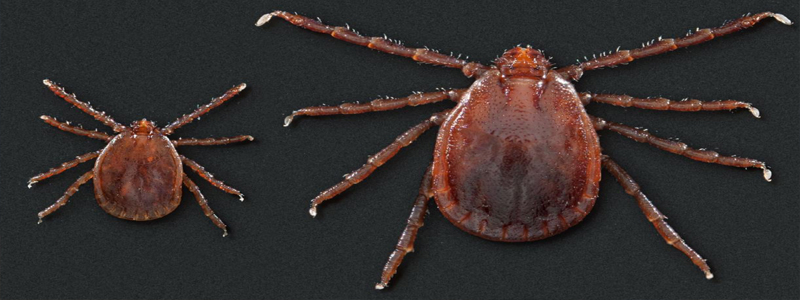By Samantha Bartlett
The Asian longhorned tick, a species native to eastern Russia, has been present in the United States since 2010. Recently, the tick has been discovered in northern Missouri by University of Missouri researchers. This species of tick reproduces asexually – a female can produce thousands of eggs without a male. The ticks are a threat to cattle as they transmit bovine theileriosis. While bovine theileriosis has not been seen in Missouri yet, researchers stress the need for higher vigilance with the presence of this new tick species.
Bovine theileriosis is caused by the organism, Thieleriosis orientalis, which is a protozoan parasite transmitted by hard ticks such as the Asian longhorned tick and the American brown dog tick. Symptoms of bovine theileriosis can mimic other tick-borne diseases and include fever, anemia, lethargy, jaundice and diarrhea. Stillborn calves and late-term abortions are common. Some cattle carry the disease but are asymptomatic. The disease can be transmitted to calves in utero by an infected mother, but otherwise is not transmitted between animals.
Currently there is no approved treatment for the disease, so prevention is the key to limiting losses. The tick is labeled as an aggressive biter and large groups of ticks can be found on a single animal. Because of the tick’s high reproductive rate, it can quickly infest a new environment. Strong quarantine controls when moving new animals into a herd are encouraged, especially when the animal is coming from a known endemic area. Since the disease can spread through needles, it is important not to reuse needles between animals.
Aggressive tick control through the use of pesticides and pasture management is vital to preventing the spread of disease among the herd. Keeping pastures mowed, allowing poultry to feed on adult ticks in vacant pastures, and using pesticides in the pasture and cattle sprays and dips.






